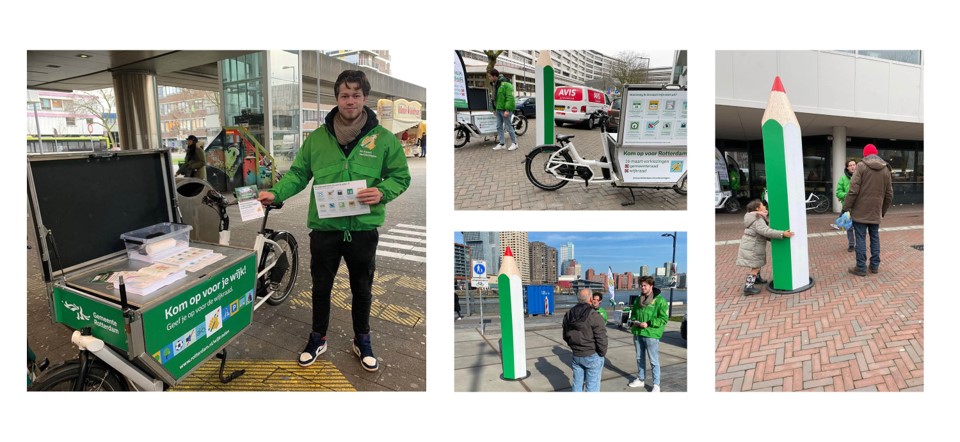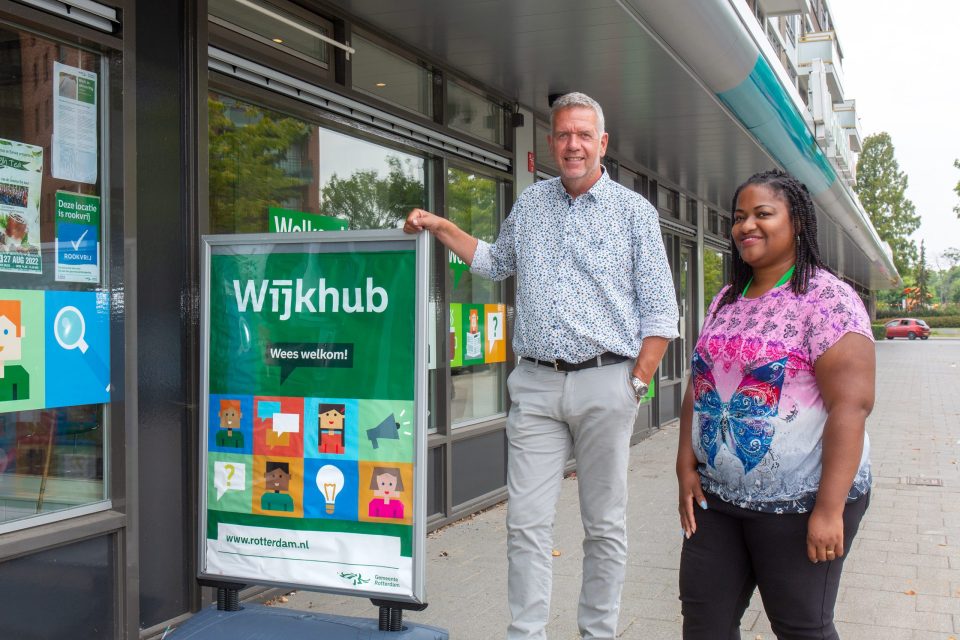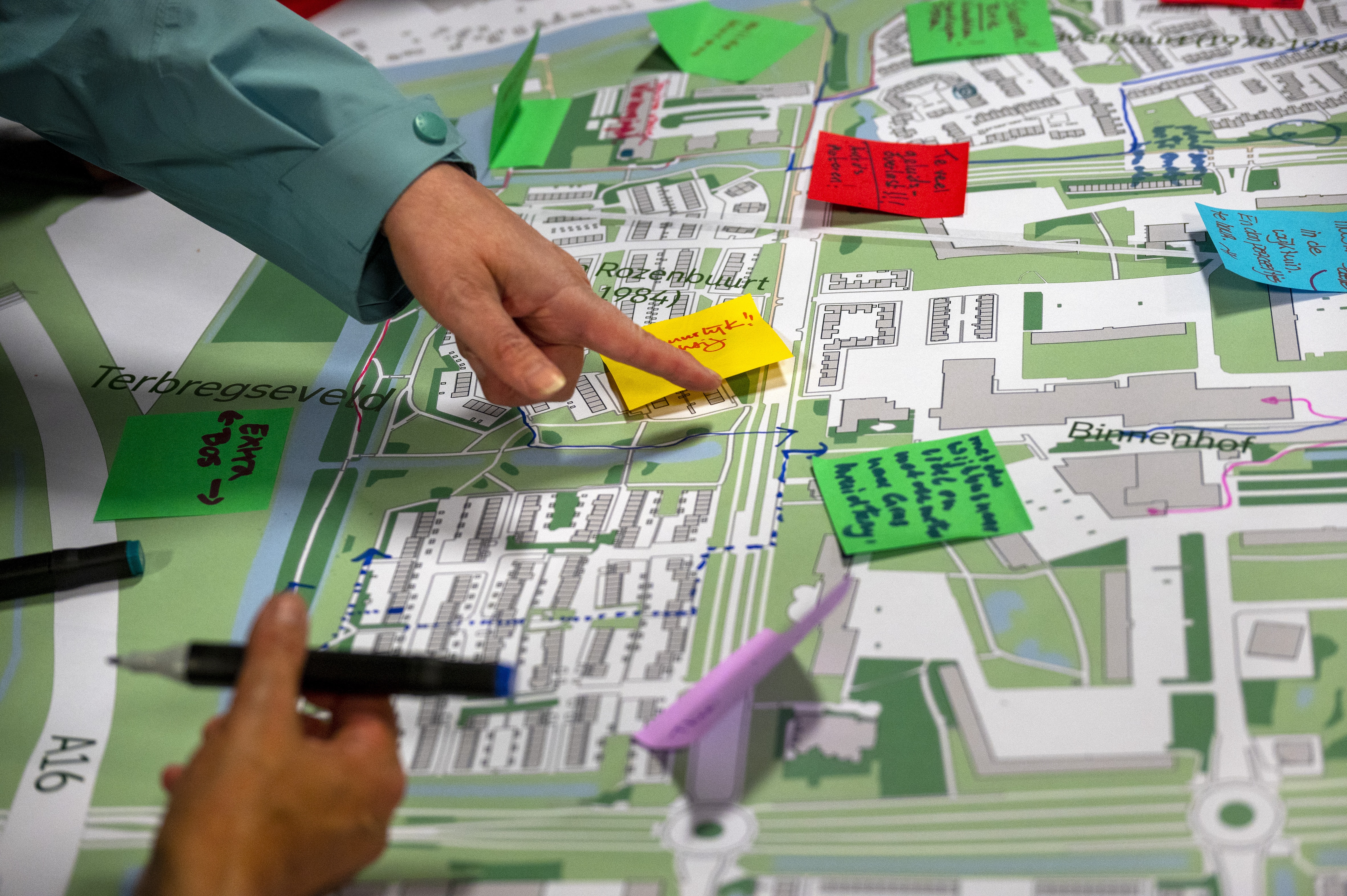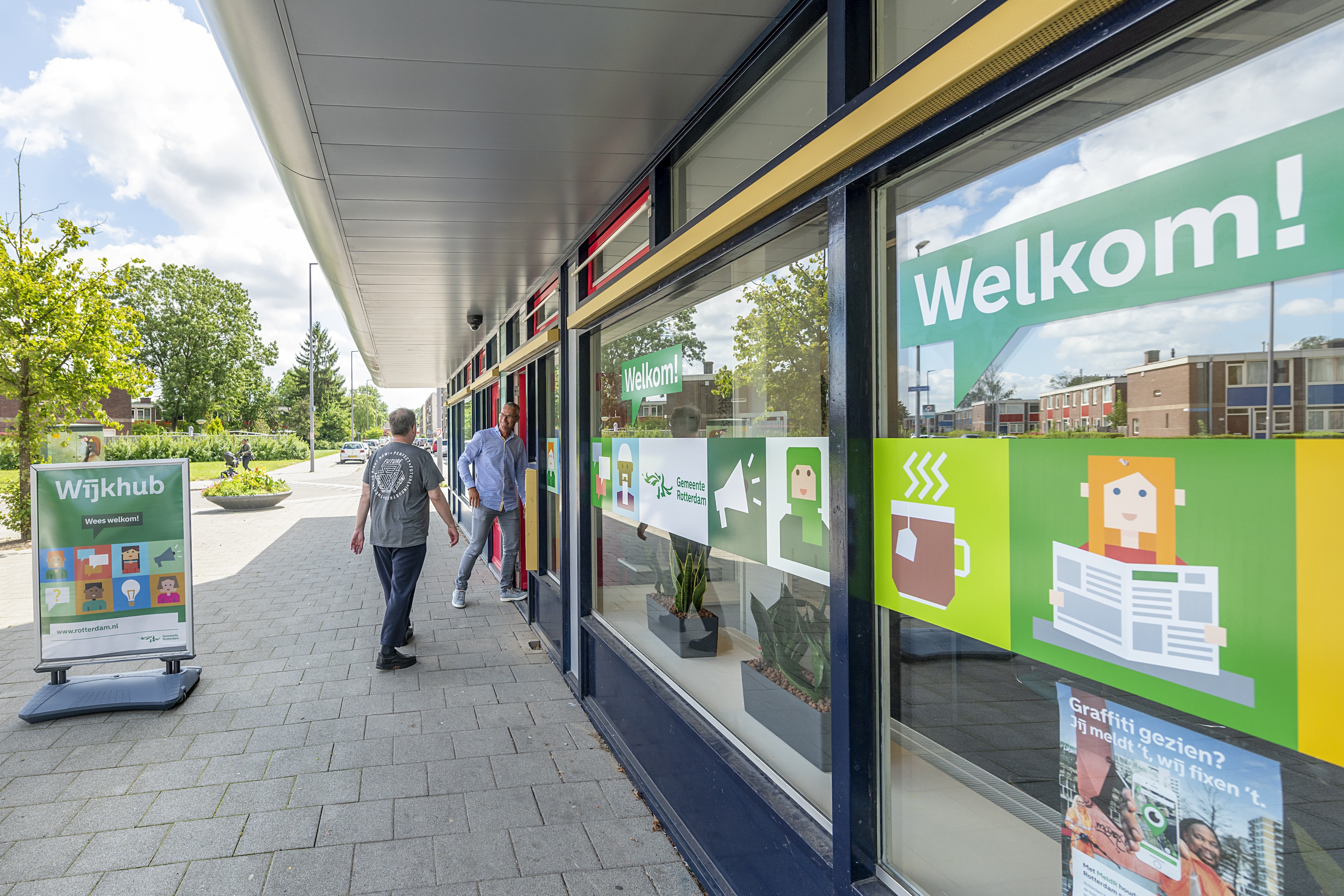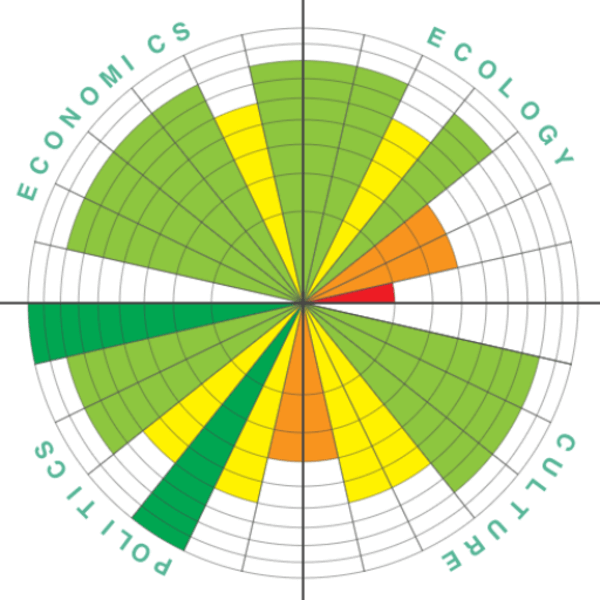City
Rotterdam
Main actors
City Government
Project area
Whole City/Administrative Region
Duration
Ongoing since 2022
The City of Rotterdam believes in the strength, expertise, and creativity of its citizens, and focuses on fostering sustainable democratic participation for all. In 2022, this commitment led to Wijk aan Zet (Neighbourhood in Action), a new electoral model of local governance at the district/neighbourhood level. This initiative ensures citizens have a say in decisions affecting their lives, advancing the city's participatory culture and strengthening trust between residents and local government.
Under this system, citizens could stand for election to represent their district, with residents voting for these candidates. This applied to all 39 district councils in Rotterdam. Notably, young people from age 16 were allowed to stand and vote for their district council, unlike in national elections.
A key element of Wijk aan Zet is the creation of district agreements. Each council, with input from residents and local partners, drew up a four-year plan outlining the district's needs and priorities in collaboration with the municipality.
The model also features a unique aspect: candidates are not required to be members of political parties. They can stand as individuals or represent non-political organisations, further democratising the process.
Originally published by Eurocities: Link
Finalist – Eurocities Awards 2024, Creative election campaigns: mobilising citizens
Eurocities Awards
This project was shortlisted for the 'Eurocities Awards' in 2024 in the following category: Creative Election Campaigns: mobilising citizens.
External links / documents
On Map
The Map will be displayed after accepting cookie policy
